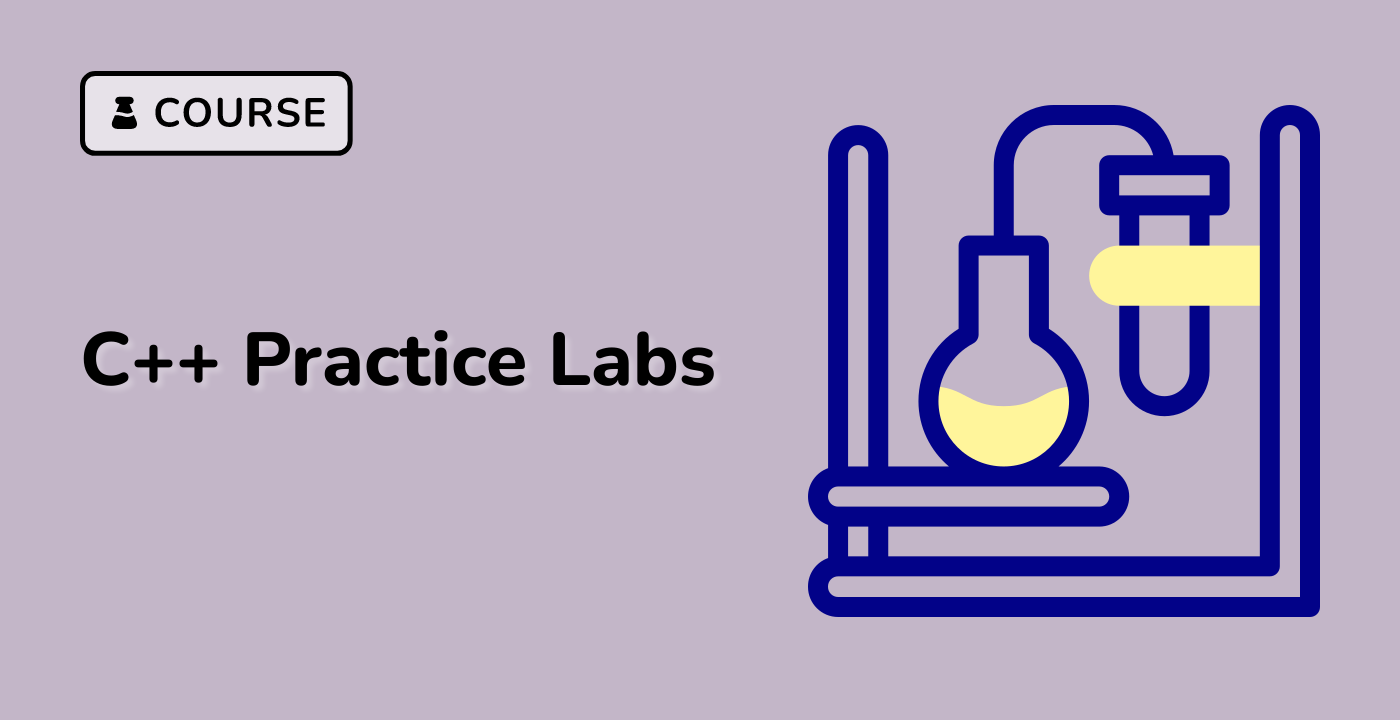Memory Management Strategies
1. Minimize Stack Allocation Overhead
// Inefficient: Large stack-allocated array
void inefficientFunction() {
char largeBuffer[100000]; // Potential stack overflow
}
// Efficient: Dynamic allocation for large objects
void efficientFunction() {
std::unique_ptr<char[]> dynamicBuffer(new char[100000]);
}
Memory Usage Patterns
| Strategy |
Description |
Performance Impact |
| Inline Functions |
Reduce function call overhead |
High |
| Small Object Optimization |
Preallocate small buffers |
Medium |
| Reference Passing |
Avoid unnecessary copies |
High |
Compiler Optimization Techniques
graph TD
A[Compiler Optimization] --> B[Stack Memory Efficiency]
B --> C[Inline Expansion]
B --> D[Register Allocation]
B --> E[Dead Code Elimination]
## Ubuntu 22.04 optimization compilation
g++ -O3 -march=native -mtune=native program.cpp
Advanced Stack Management
1. Reduce Function Call Complexity
// Inefficient approach
void complexFunction(std::vector<int> largeVector) {
// Unnecessary copy of large vector
}
// Optimized approach
void optimizedFunction(const std::vector<int>& largeVector) {
// Pass by const reference
}
2. Leverage Move Semantics
class PerformanceOptimizedClass {
public:
// Move constructor
PerformanceOptimizedClass(PerformanceOptimizedClass&& other) noexcept {
// Efficient resource transfer
}
};
Memory Alignment Techniques
Alignment Strategies
| Alignment Type |
Performance Benefit |
| 16-byte |
SIMD instruction optimization |
| 64-byte |
Cache line efficiency |
| Struct Packing |
Reduced memory footprint |
Profiling and Analysis
## Valgrind memory profiling
valgrind --tool=callgrind ./myprogram
## LabEx performance analysis tools
labex-profile ./myprogram
Best Practices Checklist
- Use stack allocation for small, short-lived objects
- Avoid large stack-allocated arrays
- Leverage move semantics
- Use compiler optimization flags
- Profile and analyze memory usage
Advanced Optimization Techniques
Compile-Time Optimizations
// Constexpr for compile-time computations
constexpr int calculateValue(int x) {
return x * 2;
}
Memory Access Patterns
graph TD
A[Memory Access] --> B{Access Pattern}
B -->|Sequential| C[Efficient Cache Usage]
B -->|Random| D[Performance Degradation]
Conclusion
Effective stack memory management requires a combination of:
- Careful design
- Compiler optimizations
- Performance profiling
- Understanding memory architecture
By implementing these best practices, developers can create high-performance C++ applications with efficient memory utilization.
LabEx recommends continuous learning and practical experimentation to master stack memory optimization techniques.




